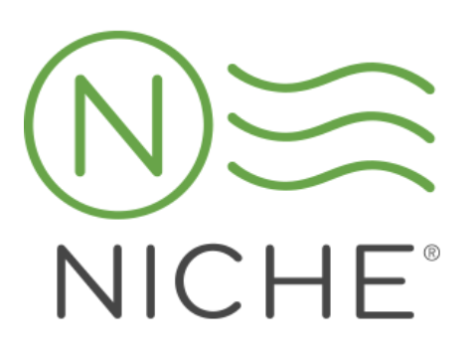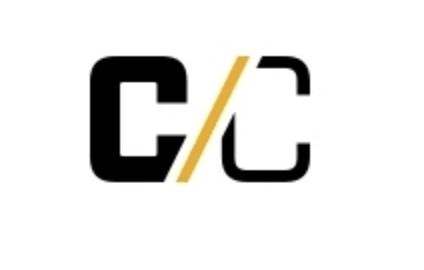You’re Accepted! Now What?
April 15, 2022
After getting into a college (or for some this is a step completed before applying) most of the current generation jumps onto the internet to hunt for info on their prospective college. However, the major downfall that comes with this hunt for information is how overwhelming it can become. Instead of spending a day getting sucked into every review you see of the colleges you like online, here are some different positive and negative aspects to different ways of obtaining info about the colleges you’re interested in.
Niche
Overview: Niche is everything you want in a college review website. They’ve got letter grade categories for just about every aspect of a college from reviews by students and alumni. You can read written reviews, while also just checking out different parts of the website.
Pros:
- Easy to access
- Intake a lot of info
- Covers all the bases
- From people who went to the school
- There’s a page for every college you could ever think of
Cons:
- People that take the time to write a written review of a college online typically are people that would give their left leg to go back and love it more than life itself, or they hate the school enough to write a two page long review about every gripe they have
- It can psyche you out
- Because of the first con, almost every college has a 3.5 star rating which doesn’t help you narrow things down
College Confidential
Overview: College Confidential gives an impartial outlook on the college you’re researching. It approaches the topic from a more statistical perspective and is good for all you numbers people. More professional and touches on all the typical topics you would expect to see on a college website such as: an overview, admissions, student life, academics, tuition and aid, and frequently asked questions.
Pros:
- Unbiased
- Comprehensive
- Quantitative
- Easy to understand
Cons:
- Impersonal
- Bad for qualitative people
- Maybe more useful for deciding to apply versus picking a college to attend
- Little daunting
In-Person Visits 
Overview: This is the quintessential way to measure your compatibility with a college. Make sure to ask the tough questions when you’re on campus and don’t be afraid to talk with your tour guide– they’re literally there to help you.
Pros:
- Answers from the source
- Get a first-person perspective
- Inspect facilities
- Talk to other admitted or interested students in person to get a vibe from the student body
Cons:
- These people are trained to give you specific responses so it’s not entirely honest
- A lot of people are also vying for the attention of the tour guide so if you’re socially anxious it might not be the best medium for asking questions
- Traveling is expensive
- Hard to take time off school senior and junior year due to workload
Tips From a Lake Forest High School Grad
When asked what he would tell current seniors and juniors looking at colleges, class of 2021 graduate Pierce Docherty said, “If you’re going in completely blind, I think the best thing to start with is location. After that, start looking for colleges in that area that fit the criteria of the field(s) you want to study. Acceptance is also very important, look at the schools you realistically can get into. Then I’d look at academic outcomes.”
According to Pierce “Something else that is CRUCIAL is talking to current students and alumni. Preferably those who have been there in the last 10 years so you’ll be up to date. Many schools have programs where you can sit down and talk with current students and ask them questions.”
Making sure to take advantage of the opportunities that a school provides for you to talk with students and faculty is always key. No one can tell you about a college the same way that a current student or recent alumni can.







